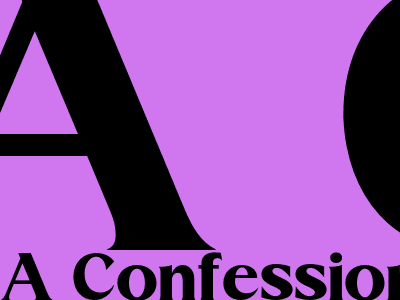A Confession: How a Data Scientist Came Clean About Making a Mistake
The Data Scientist's Dilemma
As a data scientist, I've always prided myself on my objectivity and analytical rigor. But recently, I made a mistake that forced me to confront my own biases and the limitations of my models.
I was working on a project to predict customer churn for a large e-commerce company. I built a model using a variety of data sources, including customer demographics, purchase history, and website behavior.
The Mistake
The model performed well on the training data, but when it was deployed, it started to make inaccurate predictions. Customers who were predicted to be at high risk of churning actually stayed with the company, while others who were predicted to be low-risk churned unexpectedly.
I was baffled. I couldn't figure out why the model was performing so poorly in production.
The Hidden Bias
After weeks of troubleshooting, I finally discovered the problem. I had inadvertently introduced a bias into the model by using a dataset that was not representative of the entire customer population.
The dataset I had used was skewed towards customers who had made recent purchases. This meant that the model was over-predicting churn for customers who had not made a purchase recently, even though they were actually less likely to churn.
The Confession
I was horrified when I realized my mistake. I had violated one of the fundamental principles of data science: always be aware of the potential for bias in your data.
I immediately contacted the company and explained the situation. I apologized for the error and offered to rebuild the model using a more representative dataset.
The Aftermath
The company was understanding and allowed me to rebuild the model. The new model performed much better, and the company was able to use it to identify customers who were actually at risk of churning.
This experience taught me a valuable lesson about the importance of being aware of the potential for bias in your data. It also showed me that it's okay to make mistakes, as long as you're willing to own up to them and take steps to correct them.

Comments